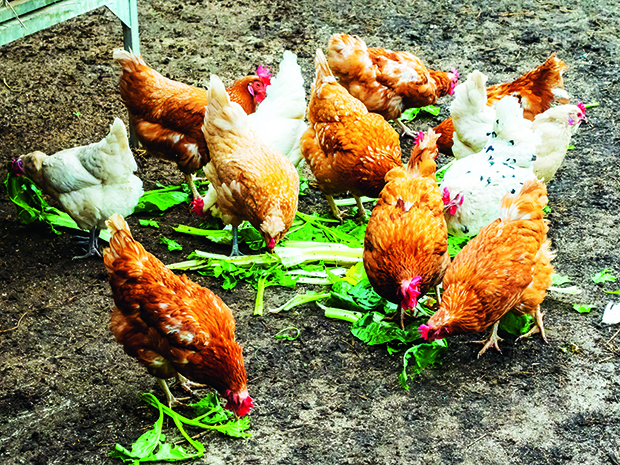Introduction
When it comes to ensuring the safety and quality of our food, the scrutiny applied to fresh poultry is of paramount importance. Understanding the key indicators of when fresh poultry should be rejected is not just a matter of compliance but a fundamental aspect of safeguarding public health. In this comprehensive guide, we delve into the nuances of identifying the critical points at which fresh poultry should be deemed unacceptable.
Signs of Spoilage: Fresh Poultry Should be Rejected When…
Foul Odors Permeate
Unusual Coloration
Slimy Texture
Excessive Moisture in Packaging
When fresh poultry is excessively moist within its packaging, it’s a red flag. This moisture can provide a breeding ground for harmful bacteria, compromising the quality and safety of the meat. Reject poultry packages with visible condensation or excessive wetness to mitigate the risk of contamination.
Abnormal Texture
Fresh poultry should be rejected when the texture deviates from the norm. Check for any unnatural firmness or mushiness, as these characteristics can indicate improper storage or aging. Quality poultry should have a firm, yet yielding texture.
Beyond the Surface: Fresh Poultry Should be Rejected When…
Expired Sell-By Date
Always check the sell-by or use-by date on the packaging. Fresh poultry should be rejected if it has exceeded its recommended shelf life. Consuming poultry beyond this date increases the risk of bacterial growth and foodborne illnesses.
Packaging Defects
Inspect the packaging for any signs of damage, tears, or leaks. Fresh poultry should be rejected when packaging integrity is compromised, as it exposes the meat to contaminants. Ensure that the packaging is intact to guarantee the safety of the poultry.
Conclusion
In conclusion, the quality and safety of fresh poultry are non-negotiable. Understanding the telltale signs of when fresh poultry should be rejected empowers consumers to make informed choices. From unpleasant odors to packaging defects, each factor plays a crucial role in ensuring that the poultry on your plate is not just fresh but safe for consumption. By being vigilant and knowledgeable, we can collectively contribute to a healthier and safer food environment. Remember, when in doubt, it’s always better to be safe than sorry.
